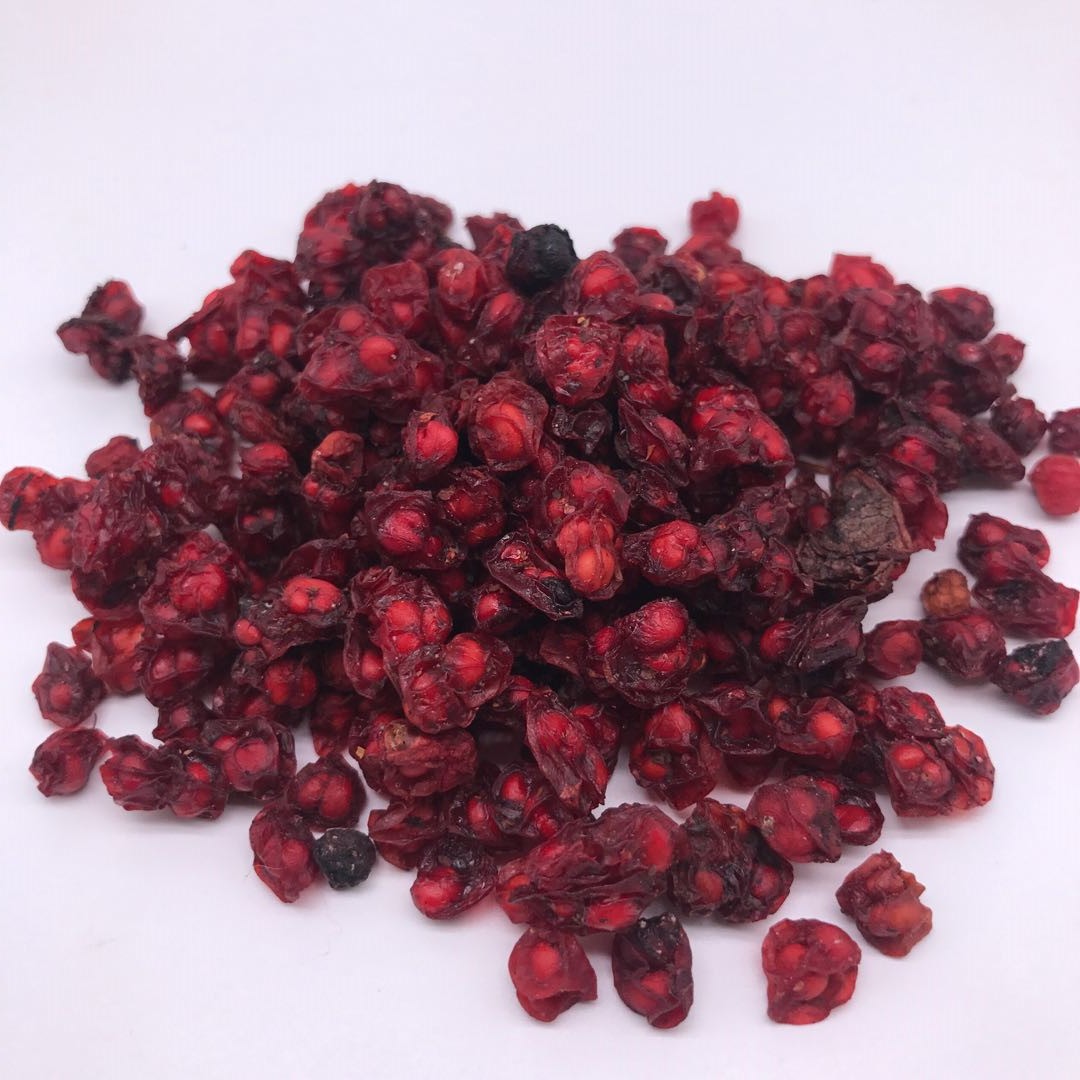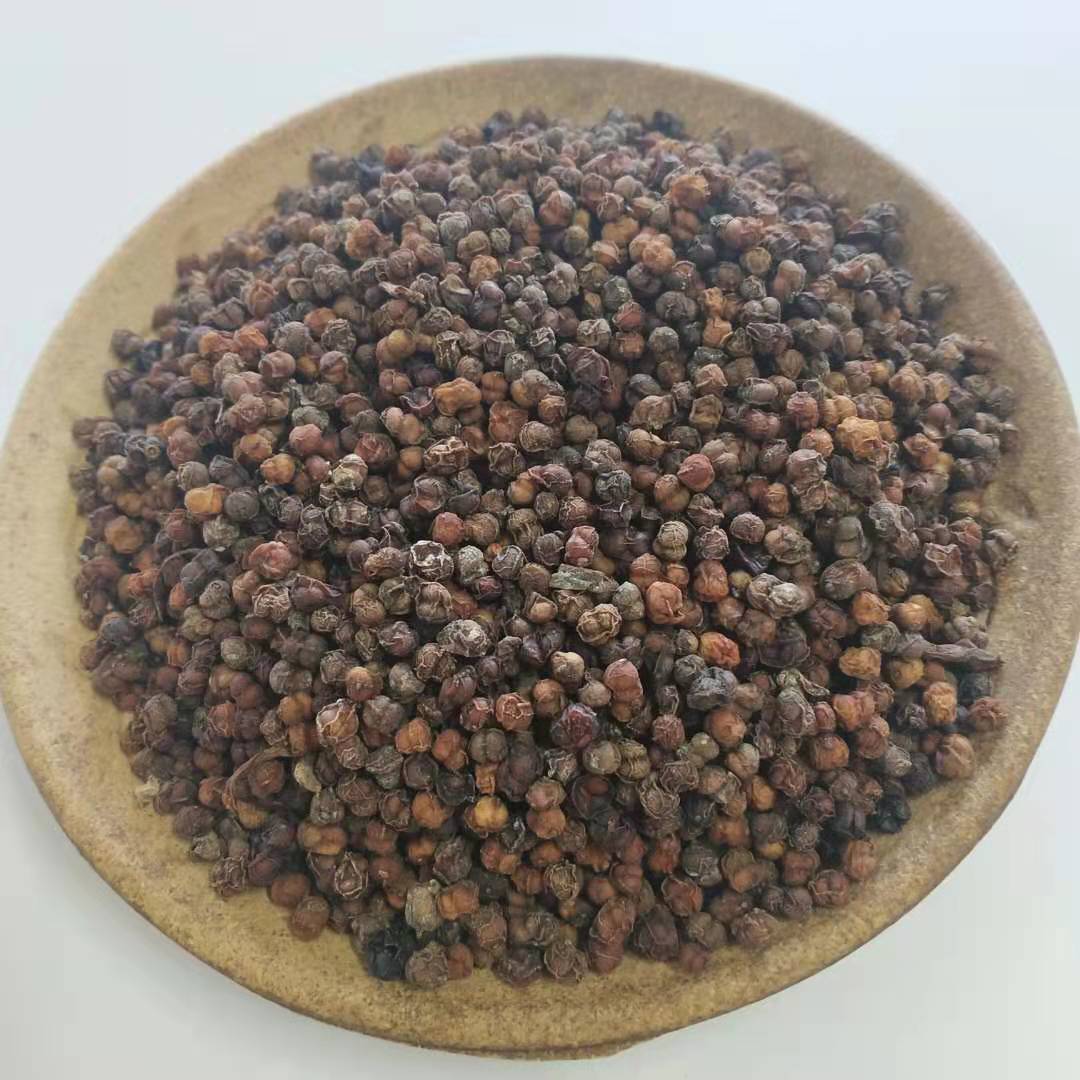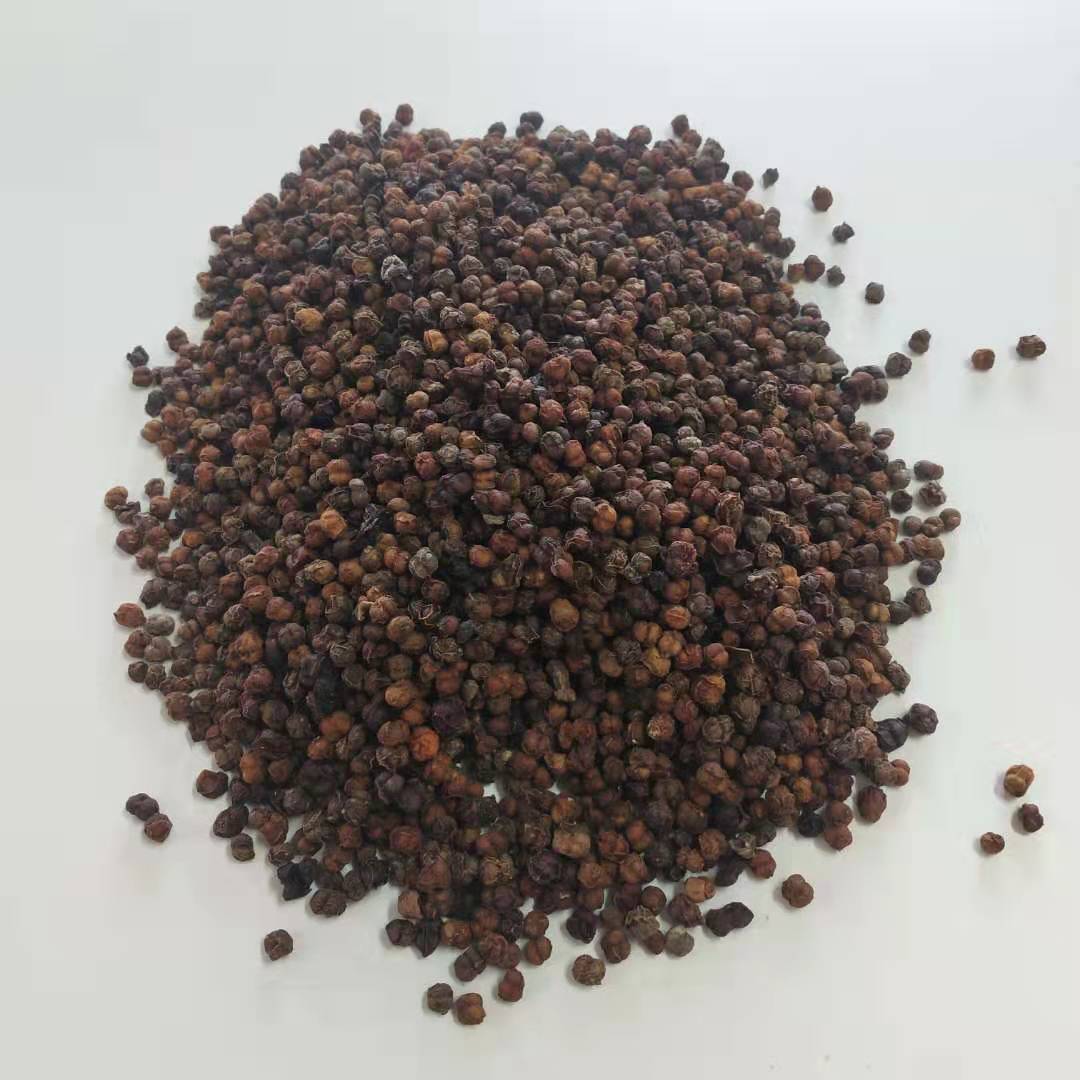
Wu Wei Zi, scientifically named Schisandra chinensis,
is a woody vine native to East Asia, particularly China, Korea, and Russia. The bright red berries of this plant have been used for thousands of years in traditional Chinese medicine (TCM) for their numerous health benefits. These berries are often dried before use in herbal remedies.
In traditional Chinese medicine, Wu Wei Zi is renowned for its ability to balance the five flavors represented in its name: sweet, sour, salty, bitter, and pungent. This unique herb is said to nourish and strengthen many systems of the body, including the heart, lungs, liver, kidneys, and spleen. It is commonly used as an adaptogen, which means it can help the body adapt to stress and promote homeostasis.
Wu Wei Zi is believed to have various therapeutic properties, including being anti-inflammatory, anti-fatigue, anti-stress, and antioxidant. It is also thought to enhance athletic performance, improve mental function, and support the immune system. Additionally, Wu Wei Zi is utilized for its potential benefits on the respiratory and cardiovascular systems, as well as for its possible hepatoprotective effects.
The active compounds in Wu Wei Zi include lignans such as schisandrin and gomisin, polysaccharides, organic acids, and volatile oils. These constituents are under research for their pharmacological activities and potential impact on human health.
Typical preparations of Wu Wei Zi include decoctions made by boiling the dried berries in water, but it can also be found in capsule, tablet, or powder form. As an herbal supplement, it is important to consult with a qualified practitioner of TCM or a healthcare provider to determine the appropriate dosage and to ensure that Wu Wei Zi does not interact with any medications or conditions one may have.
With the rise in interest for natural and alternative health approaches, Wu Wei Zi continues to be the subject of modern scientific studies aimed at validating its traditional uses and exploring its full therapeutic potential.








